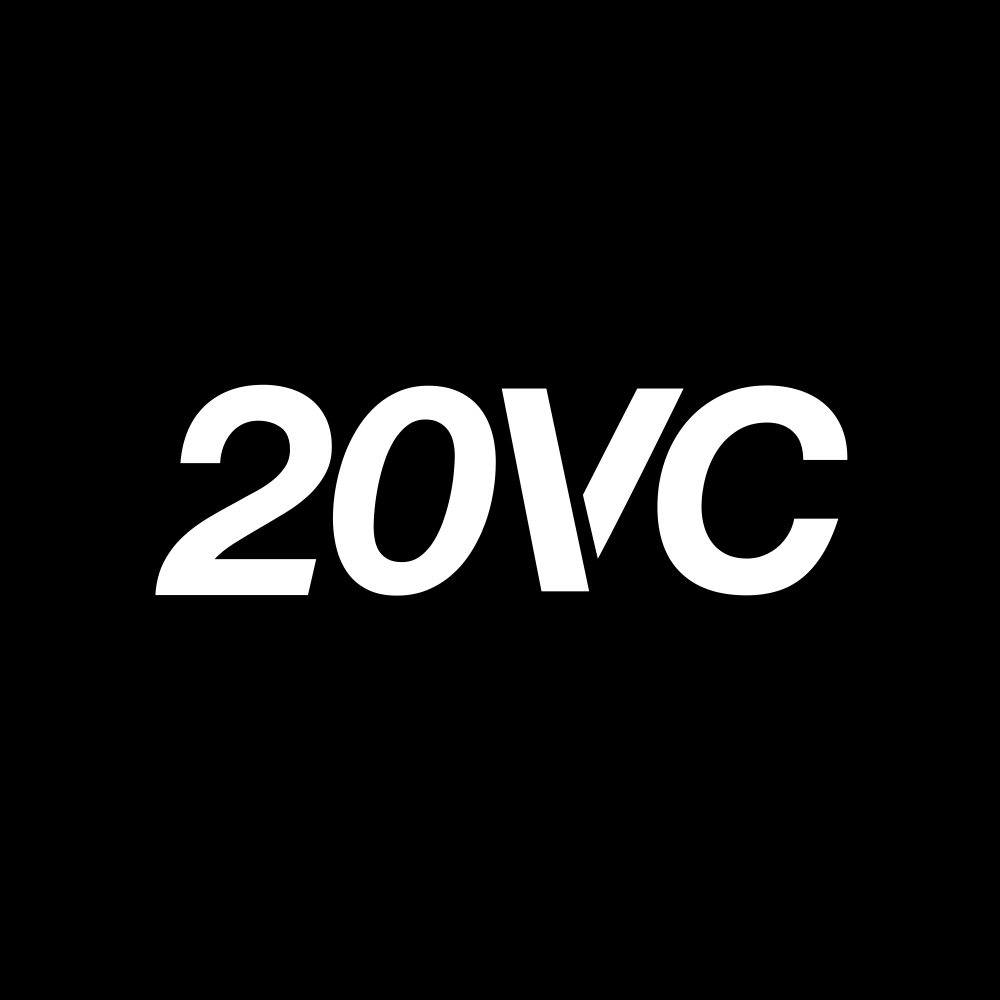
The Twenty Minute VC (20VC): Venture Capital | Startup Funding | The Pitch
20VC: Rippling's Parker Conrad on The Four Main Benefits From Building a Compound Startup | Why There Should Never Be a Trade-Off Between Speed and Quality | How Zenefits Gave Parker a Chip on the Shoulder and Why That is so Important?
Mon, 03 Oct 2022
Parker Conrad is the Founder & CEO @ Rippling, the company that lets you easily manage your employees’ payroll, benefits, expenses, devices, apps & more—in one place. To date, Parker has raised over $697M for Rippling from some of the best including Sequoia, Founders Fund, Greenoaks, Bedrock, Kleiner Perkins and Initialized to name a few. Prior to founding Rippling, Parker was the Co-Founder and CEO @ Zenefits and if that was not enough, Parker is also a prominent angel having invested in Census, Pulley and then also AgentSync and TrueNorth, alongside 20VC Fund. In Today's Episode with Parker Conrad: 1.) Entry in Startups and Zenefits: How did Parker make his way into the world of startups? How did Parker end up being kicked out of his own company, Zenefits? How did he respond? How did that experience of being kicked out of Zenefits inspire him to build Rippling? 2.) Parker Conrad: The Leader: How does Parker define "high performance"? How would Parker describe his leadership style today? Why does Parker fundamentally disagree that with speed comes a trade-off in quality? How does Parker ensure Rippling does all things fast and to the best of its ability? How would Parker break down his decision-making framework today? How does he decide what to prioritize vs not? How does he decide what to delegate vs not? What are Parker's biggest insecurities in leadership today? How have they changed over time? What does Parker do to combat and mitigate them? 3.) Rippling: The Compound Startup How does Parker define a compound startup? What types of business do this verticalized approach work for vs not work for? What does Parker believe are the 4 core benefits of this approach? What are the single biggest challenges of building a compound startup? 4.) Rippling: The Economics: How does this compound startup approach impact ability to cross-sell? How much net new ARR today comes from cross-sell? What have been some of Rippling's biggest lessons on what it takes to do cross-sell so effectively? How do the margin profiles differ across their different products? How have the margin profiles changed over time? Why does Parker not believe that most startup margins are accurate? How does the compound startup approach change the amount invested in R&D? How does that impact the fundraising requirements of the business? 5.) Rippling: The Partner Ecosystem: How does Rippling think about building out the best partner ecosystem? What will it take for that to work? Why do Rippling want to introduce services that compete with their own products? Why do they not only build their own? How do the margins differ when comparing revenue share on partner products vs Rippling products? What are the single biggest barriers to this partner ecosystem working?
No persons identified in this episode.
No transcription available yet
Help us prioritize this episode for transcription by upvoting it.
Popular episodes get transcribed faster